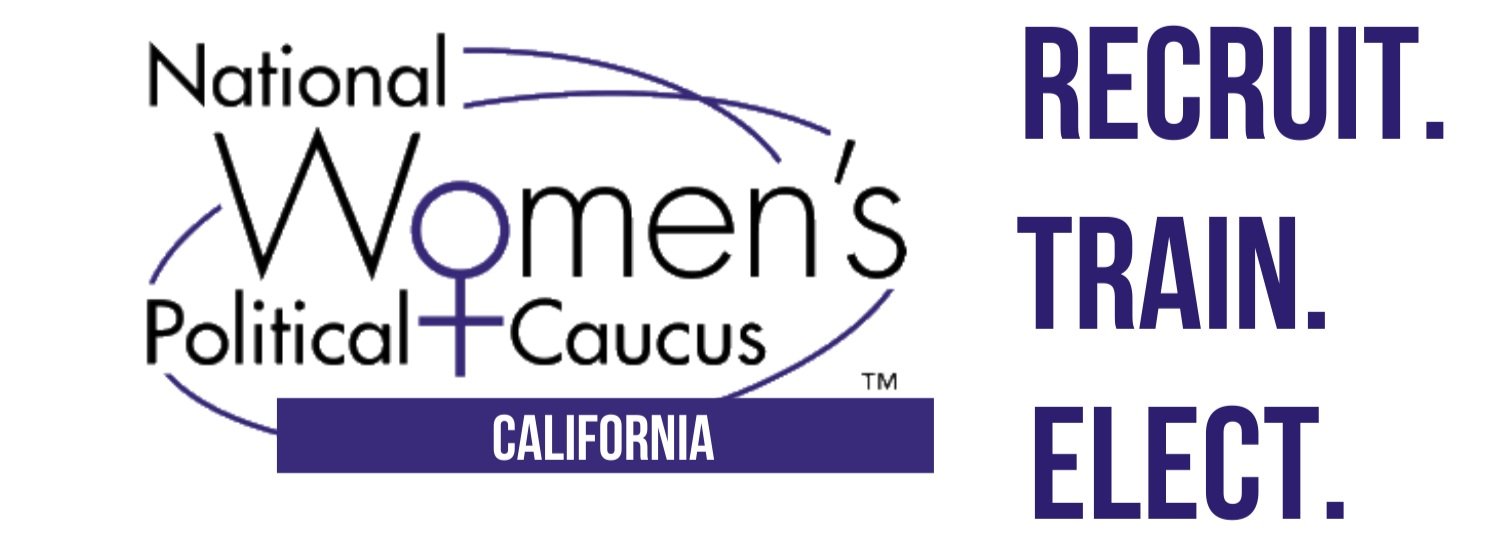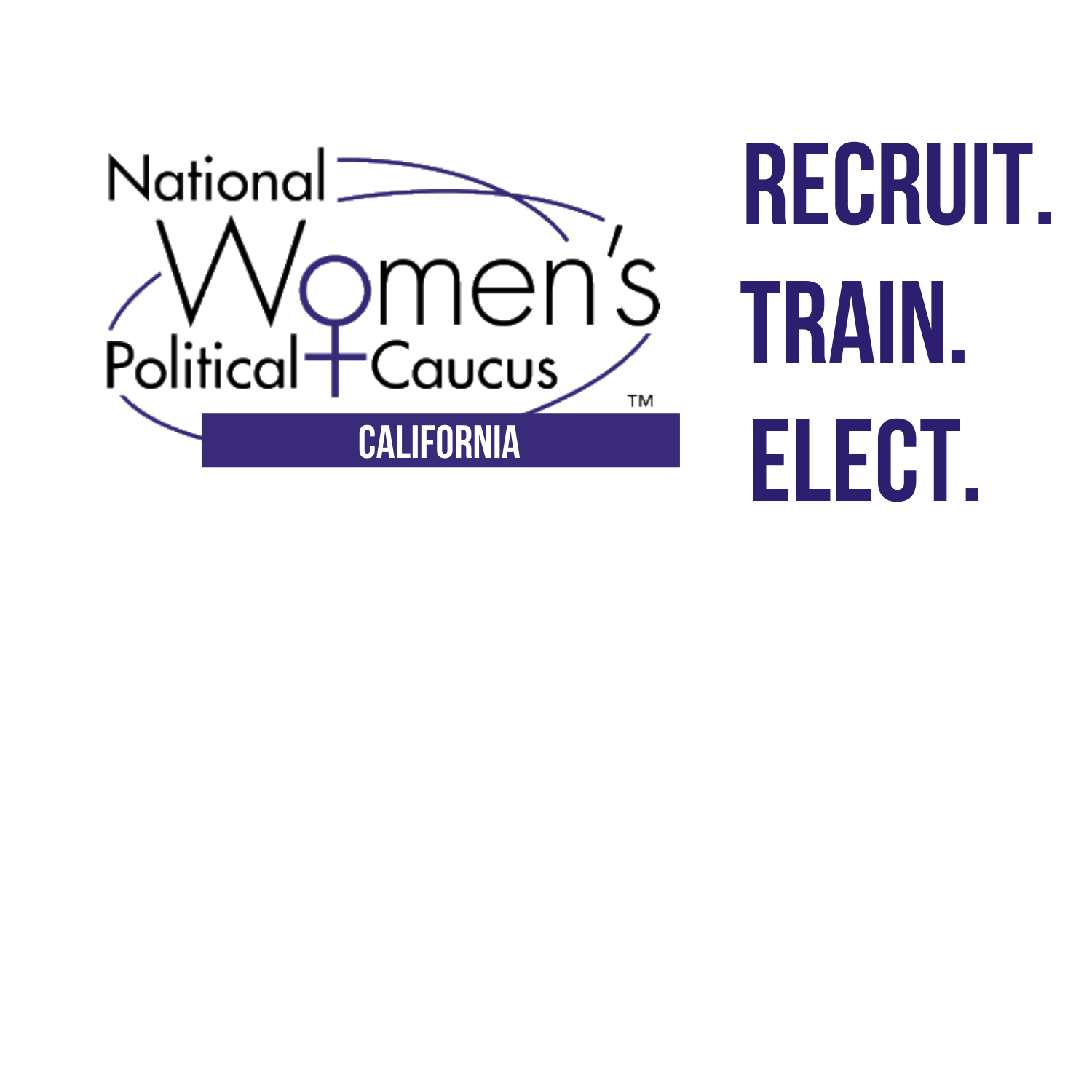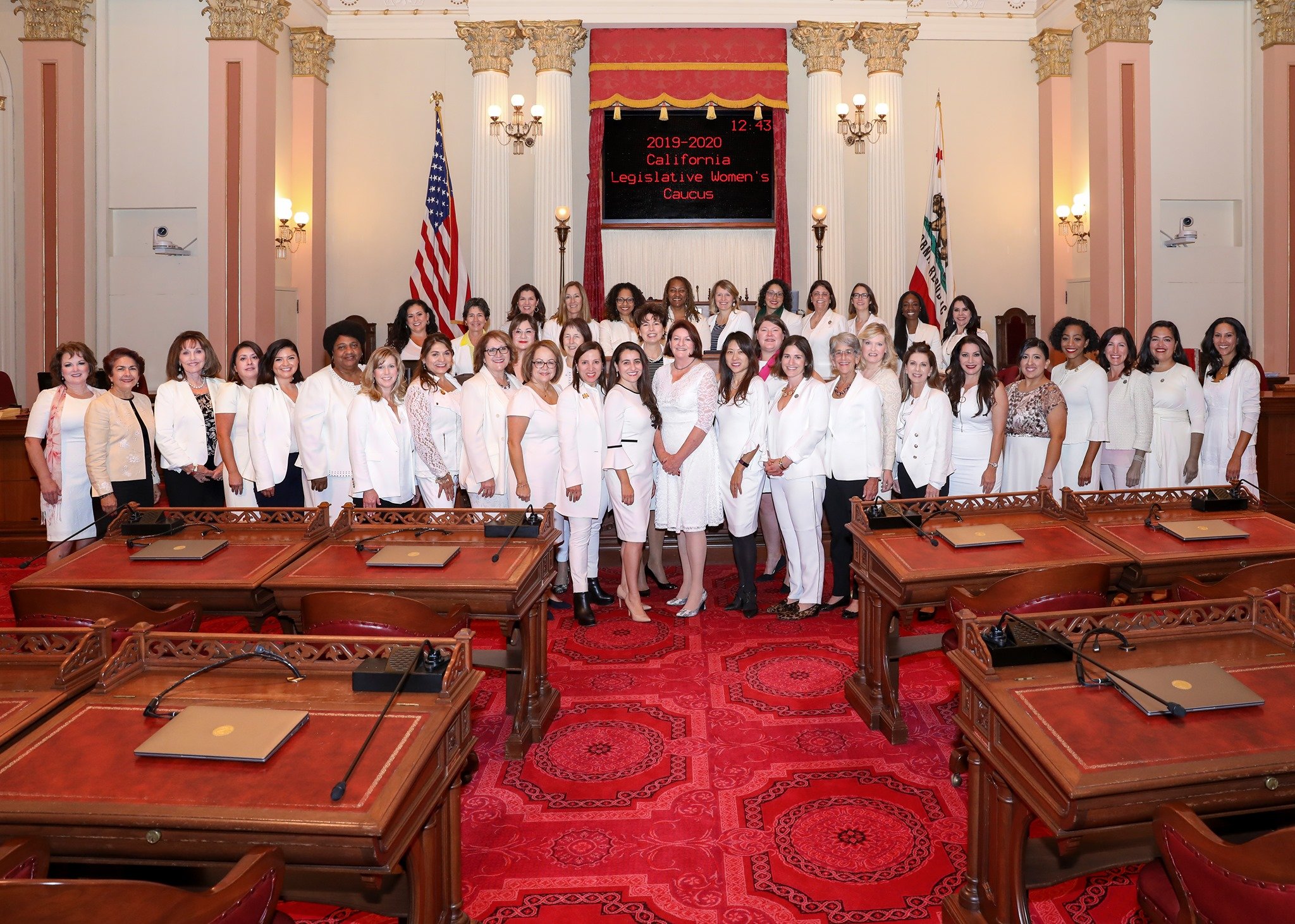Public Policy
NWPC’s “bottom line issues”
Reproductive Freedom: NWPC is Committed to Choice and to Publicly Funded Abortion
NWPC believes women must have individual authority over their reproductive health. We only endorse pro-choice candidates and help to elect them.
Choice encompasses many issues, including the accessibility of contraception and abortion, research on reproductive technology, and family planning; public funding is essential to all women having access to a full range of reproductive health care.
Sexual Harassment: NWPC supports Enforcement and Education
Sexual harassment is unlawful sex discrimination. It constitutes a range of behaviors, some targeted at men. Many victims are afraid to report sexual harassment because they fear retaliation or lack knowledge about their rights.
NWPC supports meaningful preventive training programs for employers and workers; strong enforcement of laws and policies against sexual harassment; and protection of complainants from retaliation.
Dependent Care: NWPC Supports Access to Affordable, Quality Dependent Care
NWPC supports consistent, meaningful access to trained, affordable, community-based opportunities for daycare, after-school programs, respite care, and family support services to serve the diverse needs of families.
NWPC priorities are quality care responsive to the needs of the local community through a range of effectively-coordinated public and private programs; support for living wage and health care benefits for dependent care providers; and financial support for facilities which provide child or dependent care.
Equal Pay: NWPC Supports Equal Pay for Equal Work
Despite federal and state policies to eliminate inequity, women working full-time year around still earn substantially less than men for equal work, with the gap largest for women of color.
Women cannot achieve full political equality as long as they face economic discrimination; NWPC-endorsed candidates support equal pay for equal work, adequate support for enforcement of laws against discrimination, and expanding women’s participation in higher-paid traditionally male occupations.
Equal Rights Amendment: NWPC Supports Adoption of The Equal Rights Amendment
The Equal Rights Amendment is the only guarantee we have of full Constitutional equality for women, as the courts and legislative actions have failed to ensure equal treatment under the law.
The ERA once won ratification by 35 of the 38 states required; NWPC-supported officeholders will support efforts to finalize that ratification and/or start a new and successful push for the amendment.
Non-Discrimination: NWPC Supports Equitable Treatment for All People
NWPC believes that active or passive discrimination based on race, ethnicity, gender, sexual orientation, religion, or any other factor in employment, education, housing or other areas is detrimental to the good of a free society.
NWPC supports candidates who will take positive steps to promote mutual understanding and respect among all people, and to reduce intolerance, inter-group tension, and discrimination through education, legislation and enhancement of public awareness.

2023 LEgislative agenda
Equal Rights Amendment (ERA)
What is the ERA?
The Equal Rights Amendment (ERA) is a proposed amendment to the United States Constitution designed to guarantee equal legal rights for all American citizens regardless of sex. The ERA states quite simply: “Equality of rights under the law shall not be denied or abridged by the United States or by any state on account of sex.”
Since its founding, the National Women’s Political Caucus has supported the adoption of the ERA as one of our bottom-line issues.
Why Does It Matter?
The Equal Rights Amendment would guarantee that the rights affirmed by the U.S. Constitution are equal for all citizens without regard to their sex. The ERA has sweeping implications for issues that touch the lives of women everywhere including wage discrimination, sex discrimination, women’s healthcare and reproductive rights, poverty, domestic violence, rape and sexual assault, female incarceration and the equal treatment of women under the law. As it stands now, courts seldom find sex to be a protected civil rights classification under the Constitution. This leaves women unable to assure those rights through legal action and adding the ERA to the Constitution would make this protection explicit.
Why Now?
The Equal Rights Amendment, passed by Congress in 1972, needed legislatures in 38 states to ratify it in order to include it in the Constitution. However, it was given a deadline, which passed with only 35 states ratifying. There is now a renewed effort to gain ratification of three additional states, and by April 2019, two of those had been achieved. Once the third (38th) state ratifies, ERA advocates will work with Congress to make sure it is added to the Constitution.
What You Can Do
Check out resources from the Era Coalition and sign up for action alerts from Equal Means Equal
Learn more about the history, current political situation, and importance of the ERA.
Host a screening of the documentary Equal Means Equal
Click here to learn more about the film
Click here to learn about the organization Equal Means Equal.
Become a Member with National Women’s Political Caucus – California



